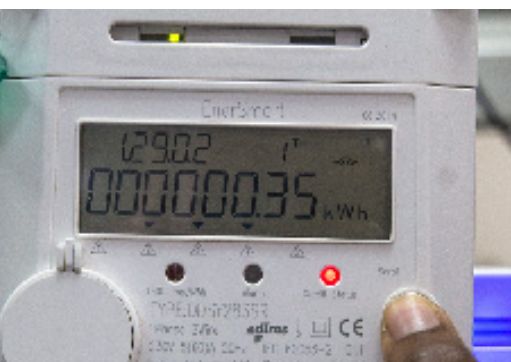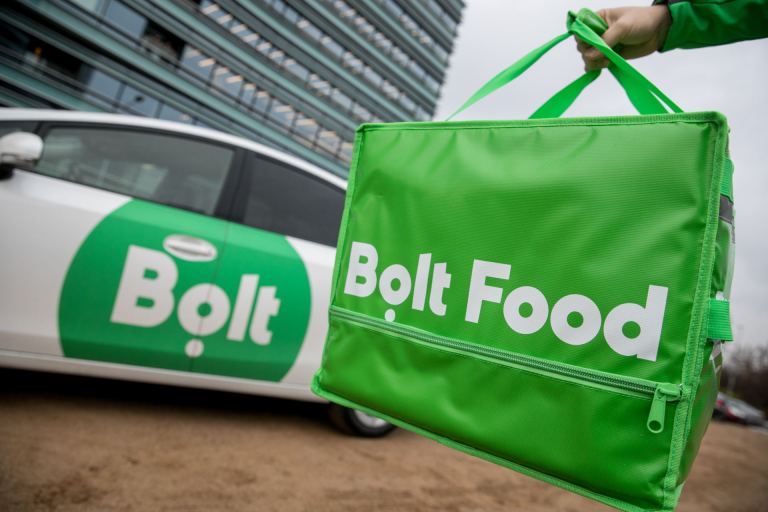ECG proposes 148% increase in electricity tariff for 2022

The DSC will need to increase consistently, ECG
ECG proposes an average increase of 7.6% in tariff
The Electricity Company of Ghana is demanding an increment of 148% on electricity tariffs from August 2022.
The company submitted a proposal to the Public Utilities Regulatory Commission (PURC) asking for an adjustment in electricity tariffs to cover the period between 2019 and 2022.
ECG also proposed an average increase of 7.6% in tariff over the next four years to cover Distribution Service Charges (DSC) while attributing the high increase in the Distribution Service Charges to the gap that has developed over the years between the actual cost recovery tariff and the PURC approved tariffs as well as the cost of completed projects.
“The result of ECG’s tariff proposal for the next five years shows an approximately 148% increase on the current DSC1 in 2022 and an average increase of 7.6% year on year from 2023 to 2026. The high increase in the DSC1 for the year 2022 could be attributed to the gap that has developed over the years between the actual cost recovery tariff and the PURC approved tariffs as well as the cost of completed projects”.
“Similarly, ECG’s proposed DSC2 shows a higher increase of 28.4% in the first year (2022) while that of the subsequent years increases by an average of 2% from 2022 to 2026”, it added.
ECG once again noted that its financial sustainability is important as it impacts the entire energy sector.
“The financial sustainability of the Electricity Company of Ghana is important as it impacts the entire energy sector. With the huge investment needs facing the distribution industry over the next five years, it is expected that the proposed tariff increases would inevitably be approved to sustain efficient and reliable electricity service.”
“Over the next five years, the DSC will need to increase consistently (average of 7.6%) to cover distribution cost. It is expected that the approved BGC would correspond with the commercial terms of PPAs (Power Plant Agreements)”, it added.





